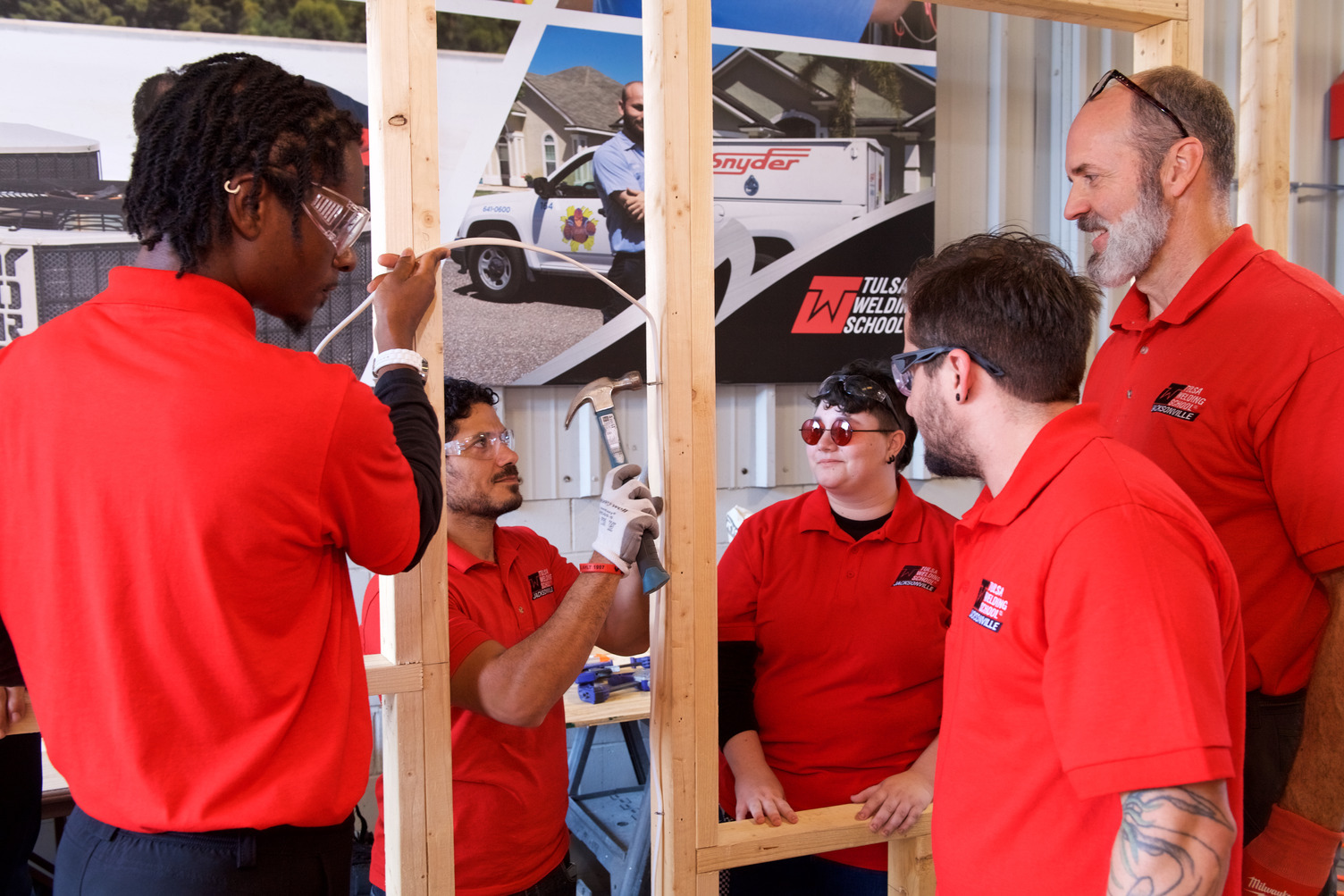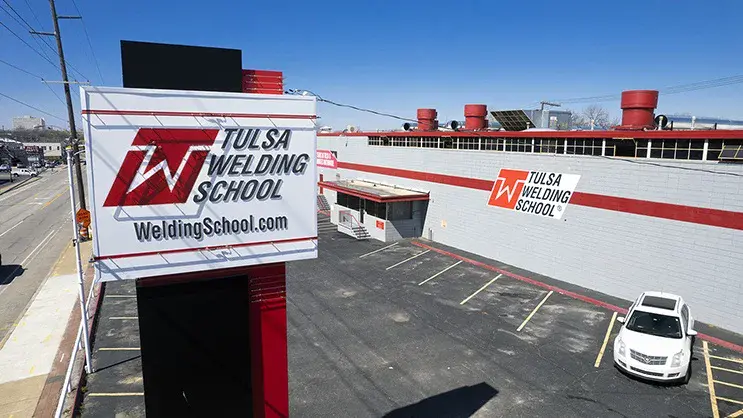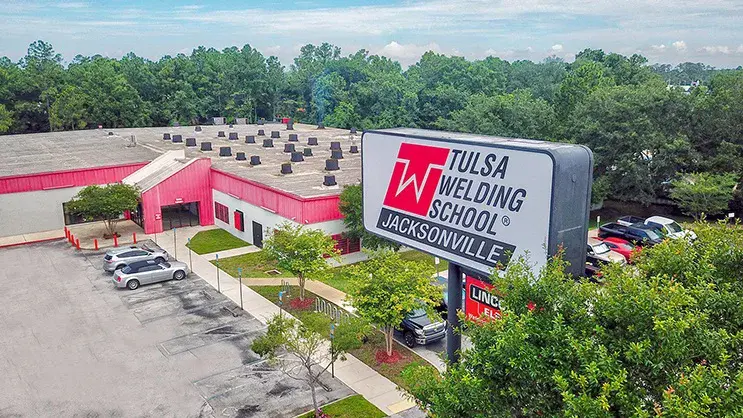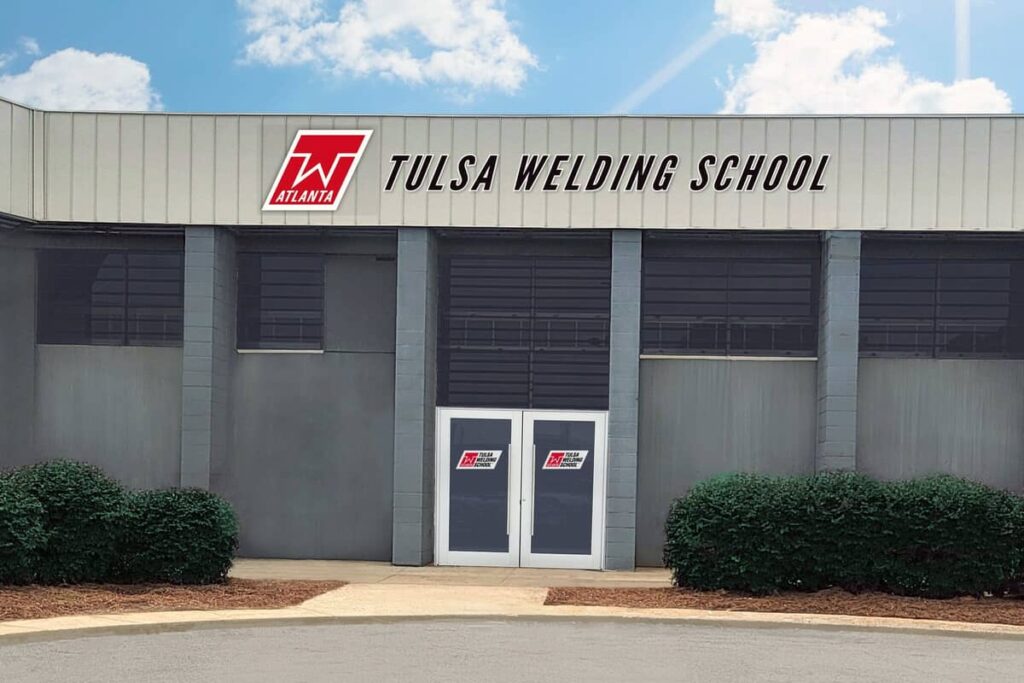TWS is a Great Training Option for Everyone
Learn more about how we can prepare you to advance your career.
Earning your Florida HVAC license is an important part of building your career in the heating, ventilation, and air conditioning field. A valid HVAC license shows that you have the required skills and knowledge, and it can lead to more job opportunities and the possibility of earning a higher income. In Florida, there are two main types of HVAC licenses: the HVAC contractor license and the HVAC journeyman license.
What’s the Difference Between an HVAC Contractor and Journeyman License?
The HVAC Contractor License allows you to run your own business and handle projects on your own. It gives you the option to manage your work independently and take on more responsibility. Many professionals pursue this path after gaining experience in the field.
The HVAC Journeyman License lets you work under the supervision of a licensed contractor. This is a strong option if you want to gain hands-on experience while learning from someone with more background in the trade. It’s a common step for those looking to work in the field without managing a business.
Understanding the differences between these licenses helps you choose the path that best matches your goals. The Florida Department of Business and Professional Regulation (DBPR) oversees the licensing process and sets the standards that all HVAC professionals must meet. This ensures that services are delivered according to the rules in place across the state.
Have You Considered a Career in the Skilled Trades?
Fill out the form to recieve a no obligation info packet.
Steps to Obtain Your Florida HVAC License
To begin the licensing process, you need to meet certain eligibility criteria. This includes being at least 18 years old and having a high school diploma or an equivalent credential.
Next, you’ll collect documents needed for your application, such as proof of work experience, school transcripts, and identification. Once submitted, you’ll take exams that assess your knowledge of HVAC systems, safety guidelines, and Florida-specific regulations.
Completing these steps is part of the process that prepares you to work legally in the HVAC field in Florida.
Florida HVAC License Requirements
For the HVAC contractor license, Florida requires a minimum of four years of experience, with at least one year in a supervisory role. You’ll also need to complete 60 hours of approved HVAC education.
The HVAC journeyman license usually requires at least two years of practical experience, along with related classroom training. This license helps build the experience needed for more advanced roles later on.
If you’re considering licenses in specialized areas like refrigeration or electrical work, be sure to review their specific rules. Each license type has its own list of qualifications you’ll need to meet.
Exam Preparation for HVAC Licensing
Preparing for your licensing exams takes time and a thoughtful approach. Start by studying with resources like textbooks, online materials, and practice exams that cover the topics tested.
Practical experience is just as important. Applying your skills in real-world situations will strengthen your understanding and improve your confidence when it’s time to take the test.
Tulsa Welding School’s HVAC program provides solid preparation for these exams. The program includes hands-on training and coursework that matches what the state of Florida expects from licensed professionals.
Continuing Education and HVAC License Renewal
Florida requires HVAC professionals to stay current by completing continuing education. Every two years, licensed workers must complete a set number of hours to stay up to date with standards in the field.
Renewing your license involves submitting proof of your continuing education and paying renewal fees. Staying current with updates to technology and rules helps you keep working legally and with confidence.
Tulsa Welding School offers continuing education opportunities for working professionals. These courses help you meet state requirements while building your expertise.
Career Opportunities with a Florida HVAC License
A Florida HVAC license opens the door to several career paths. You can work as a contractor, service technician, or system designer depending on your goals and experience.
Licensed professionals often qualify for higher pay and more steady work than those without a license. The U.S. Bureau of Labor statistics estimates that job openings in the HVAC industry are expected to grow by 9% through 2033,” much faster than the average for all occupations.
With a clear understanding of the licensing process, you can take steps toward long-term employment in this trade.
Want to Learn More?
Getting your Florida HVAC license is a smart move if you’re looking to build a lasting career in the field. Understanding the rules, meeting the qualifications, and preparing for the exams help you stay on track and reach your goals. Whether you become a contractor or journeyman, each path offers long-term advantages.
If you’re ready to begin, Tulsa Welding School’s HVAC training program in Jacksonville is a strong option. It gives you the training and hands-on experience needed to work with confidence and skill. Start planning your next step in the HVAC field today.
To learn more about our trade school programs, contact us at today.








